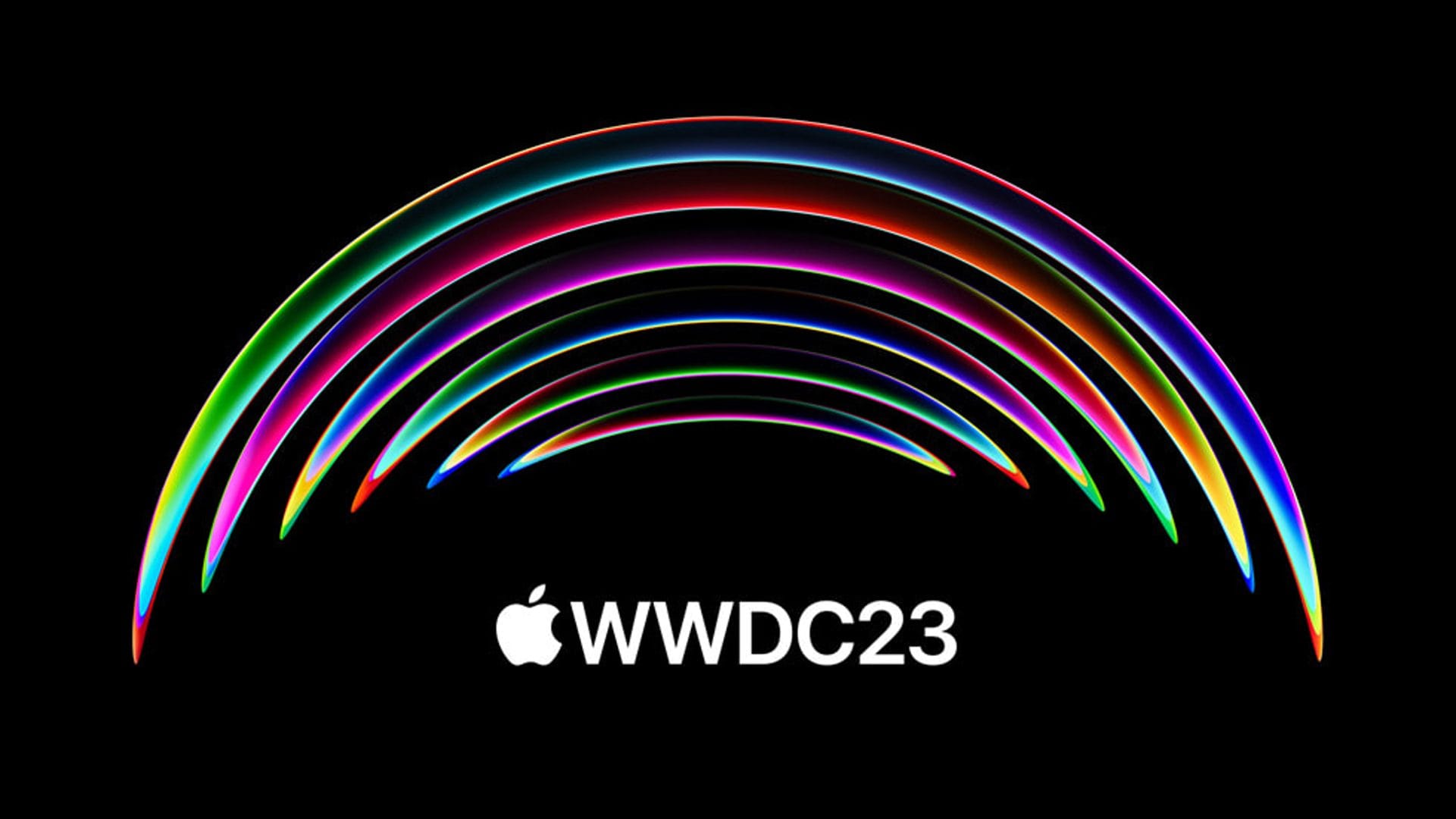The discovery of Suchir Balaji’s body in his San Francisco residence has sent ripples through both the tech community and the broader public discourse surrounding artificial intelligence. Balaji, who worked with OpenAI, became known for his whistleblower activities, which brought to light various internal practices and policies that he believed were unethical or potentially harmful. His actions were part of a growing trend among tech employees who have increasingly been vocal about concerns regarding the implications of AI technologies.
Balaji’s whistleblowing activities included allegations that OpenAI was not sufficiently transparent about its research methodologies and that there were risks associated with the deployment of certain AI models. He argued that the rapid advancement of AI technologies without adequate oversight could lead to unforeseen consequences, both socially and ethically. His statements contributed to a larger conversation about the responsibilities of tech companies in ensuring that their innovations do not negatively impact society.
The circumstances of Balaji’s death are currently under investigation by the San Francisco Police Department. Authorities have not released any details about the cause of death, and an autopsy is expected to provide more clarity in the coming days. The news of his passing has led to an outpouring of reactions from colleagues, advocates, and members of the public who were following his story.
In the wake of Balaji’s death, discussions about the importance of whistleblowers in the tech industry have resurfaced. Whistleblowers play a crucial role in holding companies accountable, especially in sectors like artificial intelligence, where the implications of technology can have far-reaching effects. Many believe that Balaji’s revelations were significant in prompting discussions about ethical AI development, and his contributions will not be forgotten.
The tech industry has faced increasing scrutiny over its practices, particularly regarding transparency and accountability. Balaji’s claims about OpenAI were part of a larger narrative that includes debates about data privacy, algorithmic bias, and the potential for AI to perpetuate existing inequalities. His insights into these issues were seen as a wake-up call for many in the industry, urging them to consider the broader implications of their work.
As the investigation into his death continues, it is essential to reflect on the legacy of individuals like Balaji who take the risk to speak out against practices they believe are harmful. The tech community is now grappling with the loss of a voice that championed ethical considerations in AI development. His passing raises questions about the support systems available for whistleblowers and the potential repercussions they face for their actions.
In addition to the immediate concerns surrounding Balaji’s death, this incident has prompted calls for a more robust framework for addressing whistleblower claims in the tech industry. Advocates argue that companies must establish clearer channels for reporting concerns and ensure that employees can do so without fear of retaliation. Creating a culture of transparency and accountability is seen as vital in fostering an environment where ethical considerations are prioritized.
The implications of Balaji’s whistleblowing extend beyond OpenAI, as they touch upon the entire AI landscape. As artificial intelligence continues to evolve, the need for ethical guidelines and oversight becomes increasingly urgent. Balaji’s efforts to bring attention to these issues underscore the importance of ongoing dialogue about the responsibilities of tech companies in shaping the future of AI.
In conclusion, the untimely death of Suchir Balaji has left many in the tech community reflecting on the critical role of whistleblowers and the ethical challenges that accompany rapid technological advancements. As investigations unfold, it is crucial to honor Balaji’s contributions and continue the conversation about the ethical implications of artificial intelligence, ensuring that the lessons learned from his actions are not forgotten.



